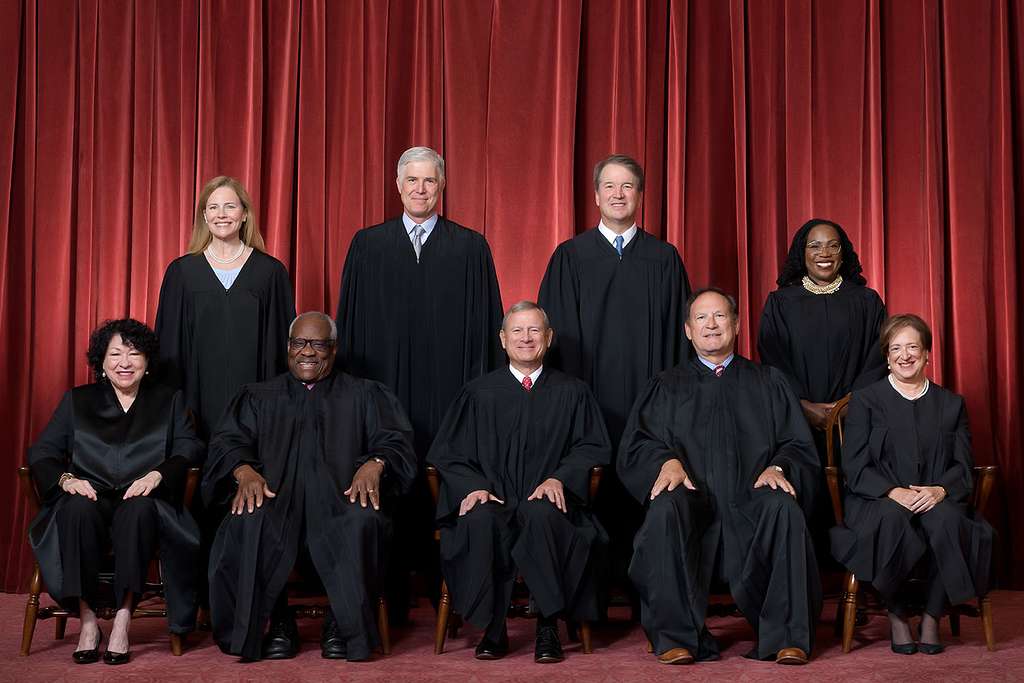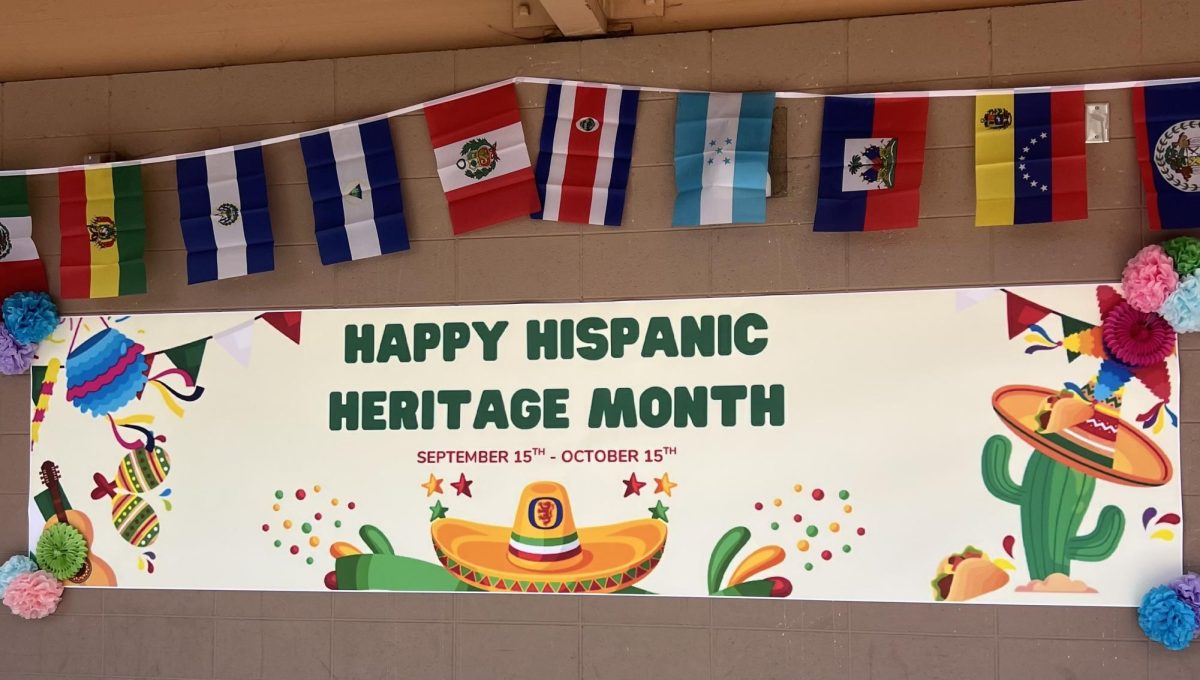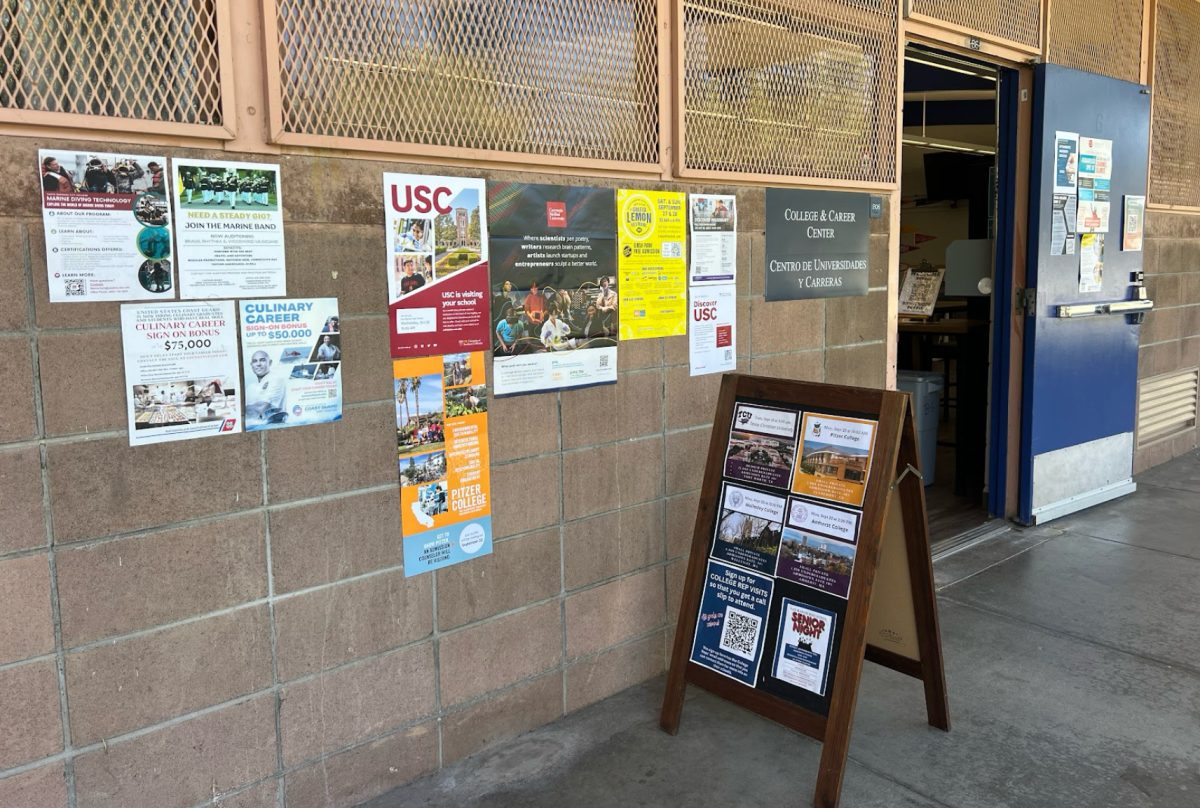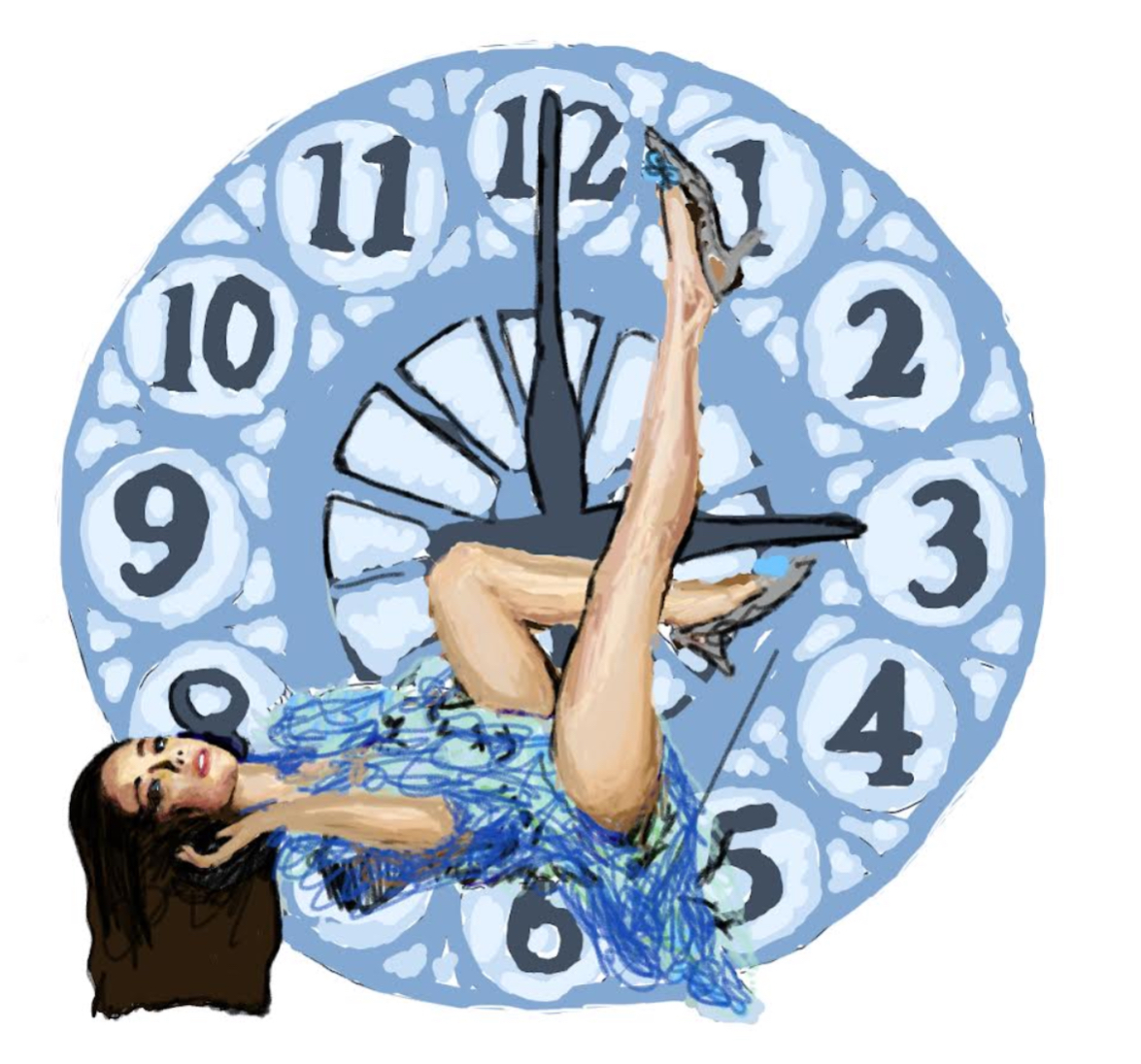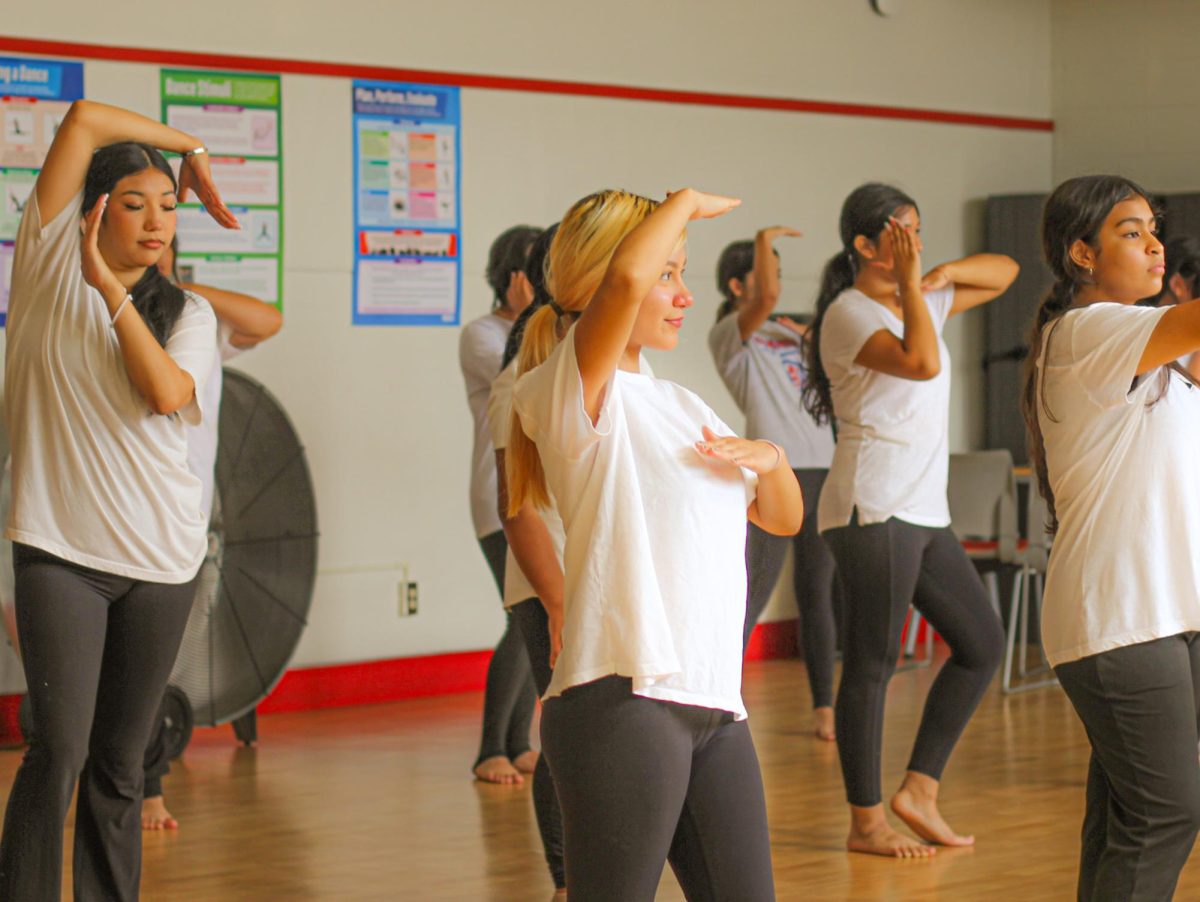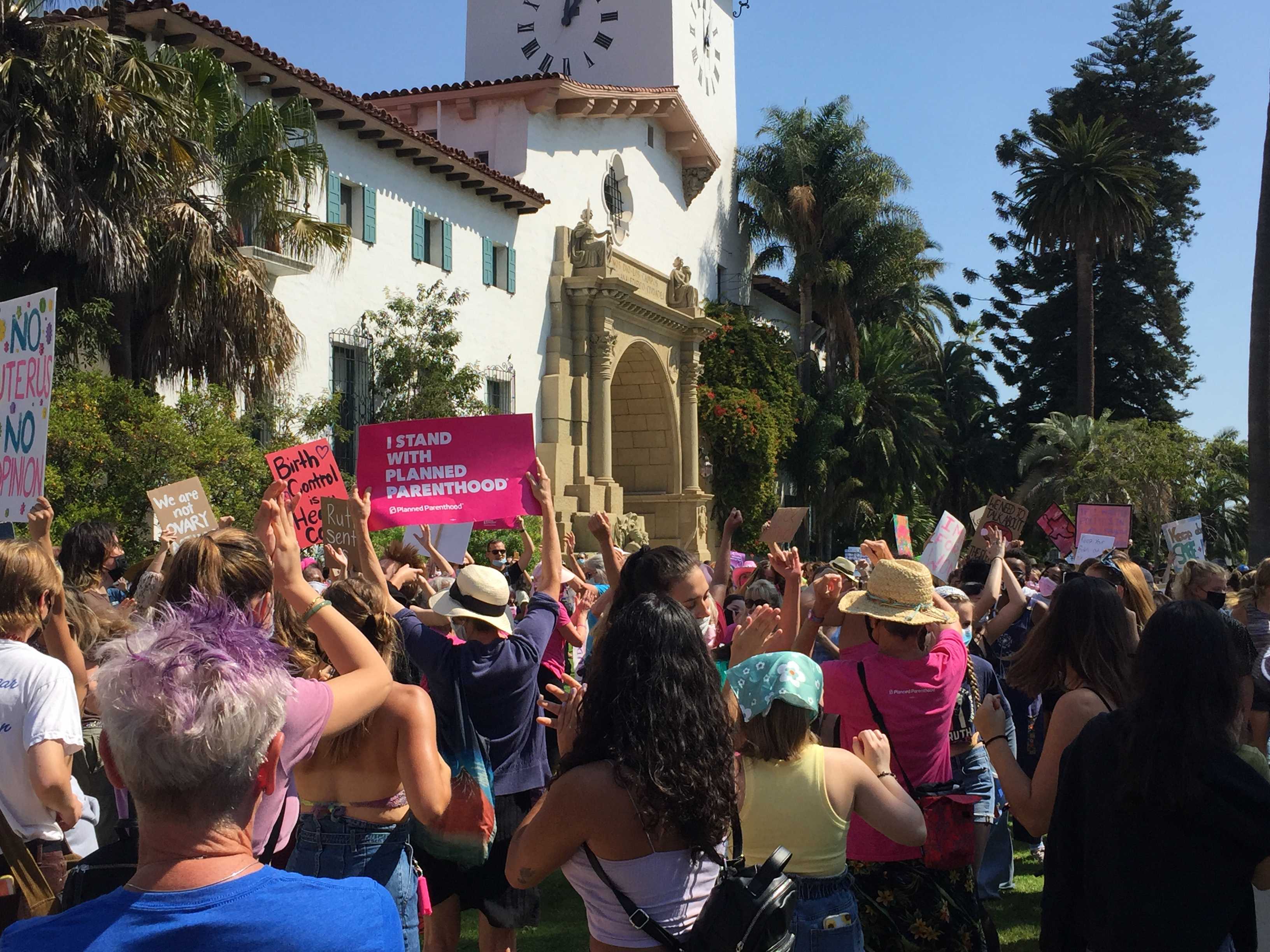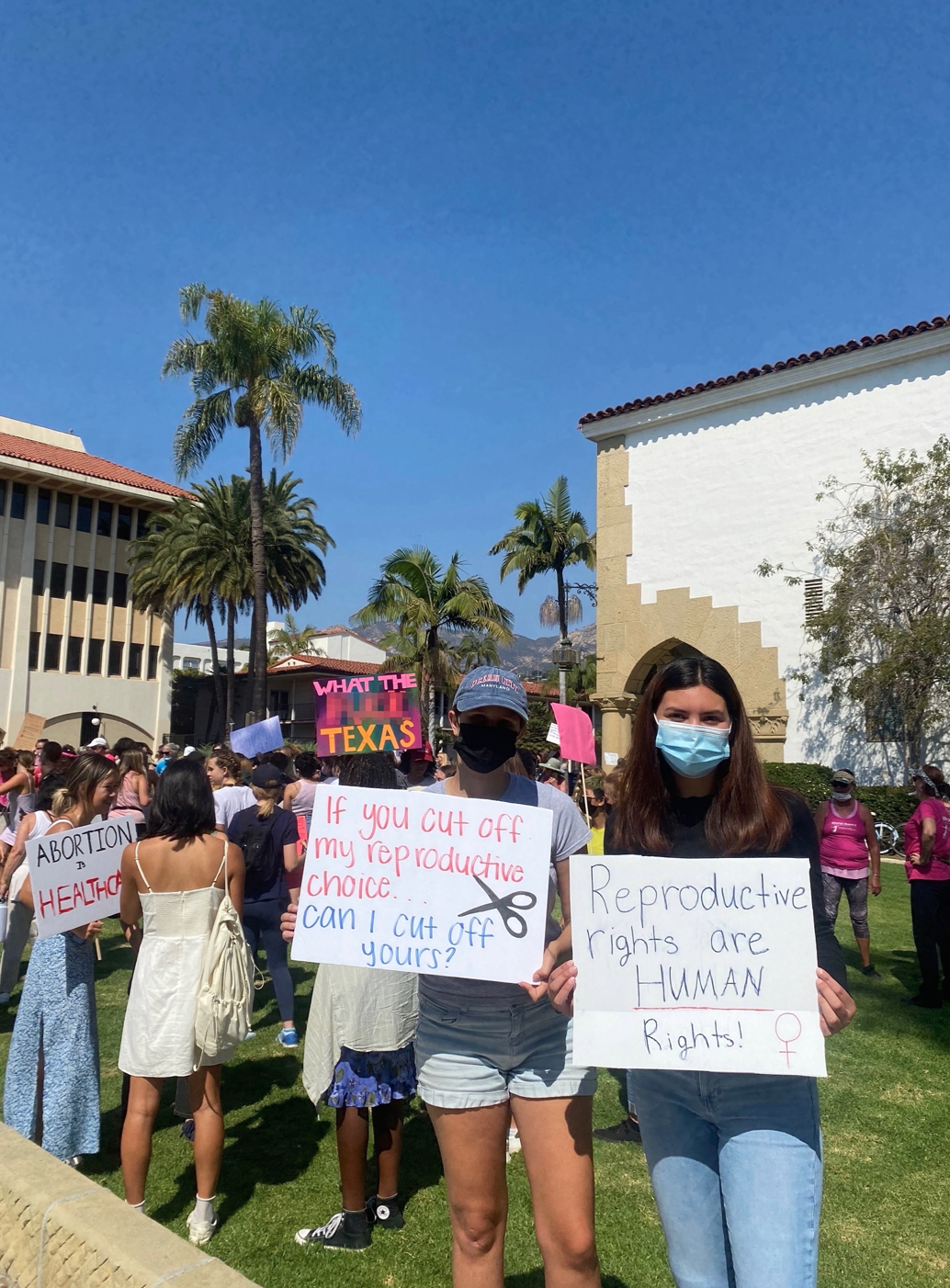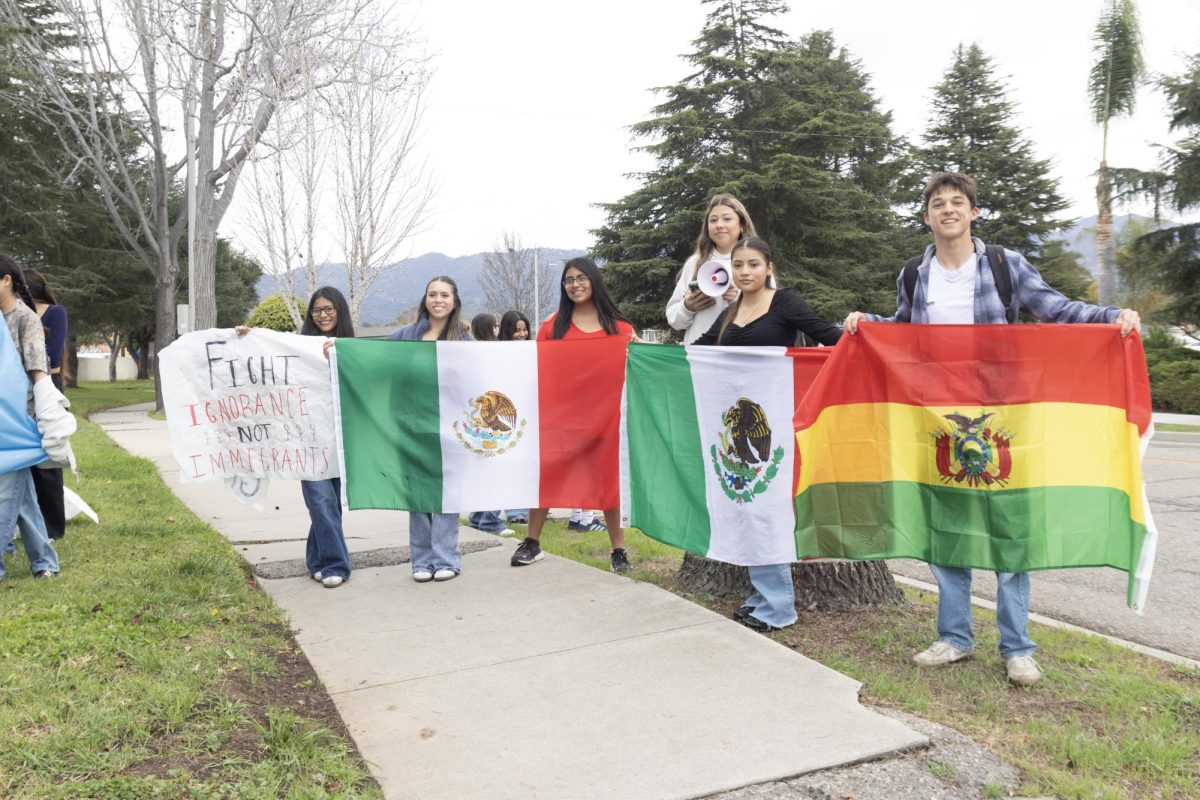In early October, Texas passed a new law prohibiting women to get abortions as soon as cardiac activity is detected. This law also includes anyone involved with the abortion such as doctors, friends, or uber drivers as a part of the crime leaving them to be fined if they particiapte. Private Texas citizens also have the power to sue someone who has helped an individual obtain an abortion. Various states have tried to follow in their path but failed as abortion-rights groups and federal courts block them.
In a typical pregnancy, cardiac activity is spotted around six weeks, which is before a lot of women know they are actually pregnant. To most women, this can seem as though they are only two weeks late on their period, making it hard to decide whether they are pregant and need an abortion or not. This new bill also makes it so any individual who offers assistance in performing or obtaining an abortion on a fetus where a heartbeat can be detcted has the possibility to be sued. Women across the country are left to scramble to find the healthcare assistance they possibly need, outside the state.
In the U.S., abortions were orginally legal before women felt movement in their stomachs, around four or five months into the pregnancy. It was commonly practiced as different methods were developed mainly using herbs. By the late 19th century, majority of the states implemented laws banning abortion with an exception for saving the life or health of the pregnant woman who carried the fetus. There are a variety of reasons that the movement to ban abortions spread, one dating back to the early conformities of society. By forcing their wives to have children, women were easily forced into the childcare role and be controlled by their husbands. This movement carried on into the 1960’s as the Women’s Liberation Movement extended and was also connected to the struggle of gender equality. In the critical Roe v. Wade decision, the U.S. Supreme court disregarded all existing bans regarding abotion stating that people have the “right of privacy” which can be found in the 14th amendment which explains one’s personal liberties.
Two San Marcos sophomores, Zoe Javanbakht (left) and Noelle Cabrera (right) in the second photo, among many others protest in the march Downtown on October 2nd. Photos courtesy of Noelle Cabrera
On October 2nd, Planned Parenthood organized over 500 protests across the United States to command an end to abortion bans. Women from all parts of the country joined in to demand the right to make their own decisions about their bodies. In the heart of Santa Barbara, around 3000 protestors gathered to march down state street. They started at city hall where they listened to speeches, and then finished the day at the courthouse.
“It was really great to see all of the support from the community. It was a very uplifting event, a celebration of female empowerment rather than just mourning for what happened. It’s really scary what’s happening in Texas and how it can spread. There were local politicians there to speak and I hope our voices will be heard and actions will be taken,” said sophomore Noelle Cabrera, who attended one of these protests.
Many feel that it’s not fair for others to make the choice about what they decide to do with their pregnancy while others argue that we are killing lives and see abortion as an symbol of murder. They see the heartbeat at the beginning of life and the government should do everything in their power to protect that life.
“I think it’s unsafe and wrong to deny women healthcare. I think they deserve the freedom to choose what they think is right for themself and have control over their bodies” said senior Alessia Lala.
On Wednesday, October 7th, a federal judge granted the Justice Department’s appeal to stop the enforcement of this ban as the legal debate continues to move through federal courts. This is not the final word, however, as the lawsuit continues against the ban. The fight is far from over as women across the globe fight for their reproductive rights.


